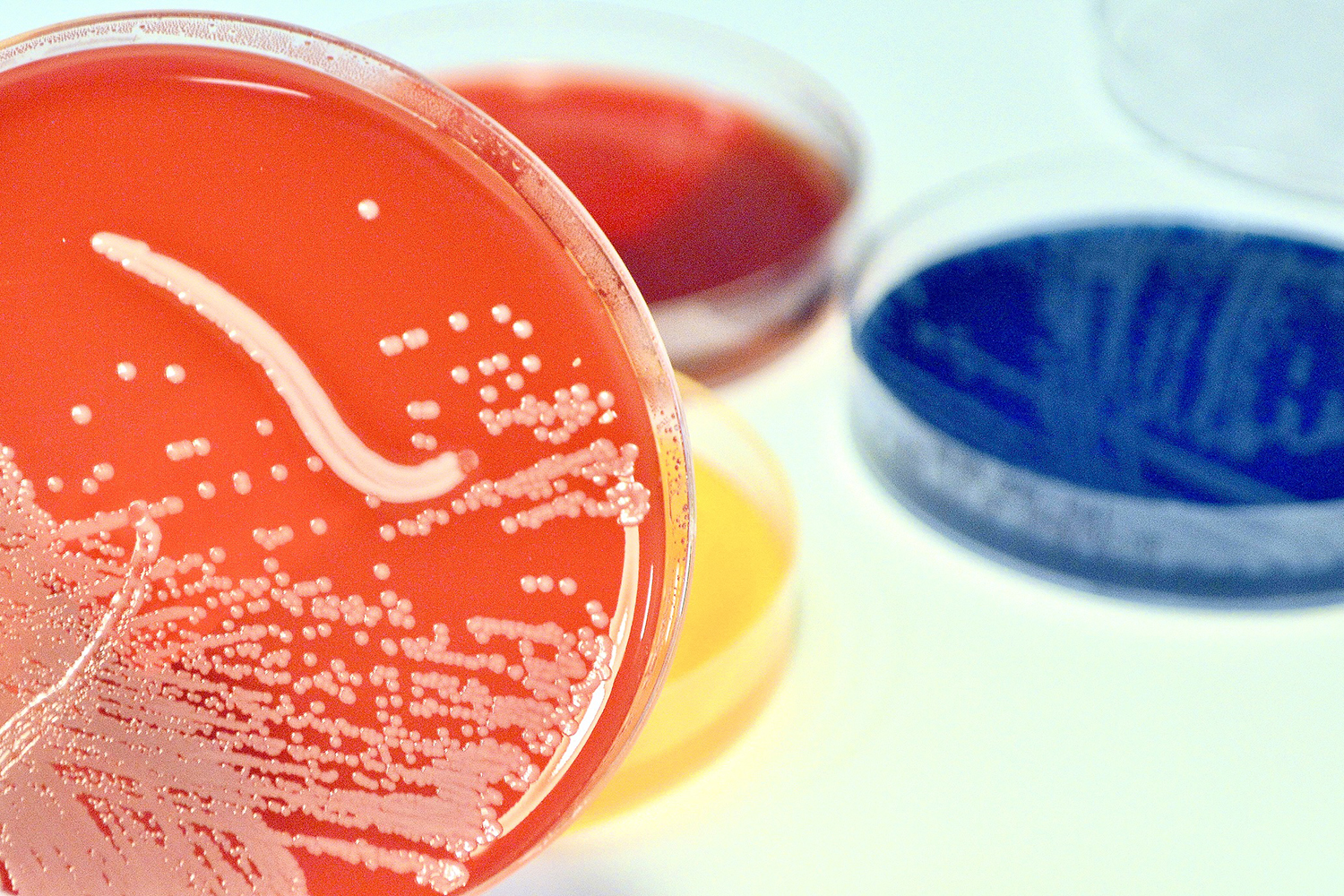
Research reveals striking variations in pandemic recovery among U.S. school districts
EducationNews
An analysis by Stanford and Harvard researchers finds widening achievement gaps, with the highest-income districts nearly four times as likely to recover as the poorest ones. But it also identifies pockets of success.
John Steinbeck’s Western Flyer boat transformed into floating classroom on Monterey Bay
Earth & ClimateVideo
Aboard the same fishing vessel Steinbeck used for his 1940 Sea of Cortez expedition, undergraduates studied science and literature while gaining a deeper appreciation for the ocean.

Study suggests physicians make better decisions with help of AI chatbots
Health & MedicineResearch
According to new research, doctors may benefit from an LLM assist when faced with a clinical crossroads.

FDA clears sepsis test that significantly reduces life-or-death diagnosis time
Health & MedicineQ&A
Purvesh Khatri, whose lab at Stanford Medicine developed the test, discusses a breakthrough that could be transformative for millions of patients each year.
In the news

The affinity for scanning a sonnet ... is similar to wanting to develop models that make genomic or protein sequences more interpretable and reveal their hidden structure. It’s almost like literary criticism on biology sequences.”
Brian Hie, assistant professor of chemical engineering, on his “ChatGPT for genomes,” which can pick up patterns that humans can’t see.
Eliminating NO2 emissions from Indian farmlands could cut crop damages amounting to $800 million per year
A study by researchers at the Doerr School of Sustainability found that NO2 emissions from coal-fired plants drag down annual wheat and rice yields in many parts of India by 10% or more.
Stanford’s president knows he can’t make everyone happy
On the Freakonomics podcast People I (Mostly) Admire, Stanford President Jonathan Levin opened up about his groundbreaking economics research and perspectives on higher-education leadership.
Upcoming events
View all Upcoming events






